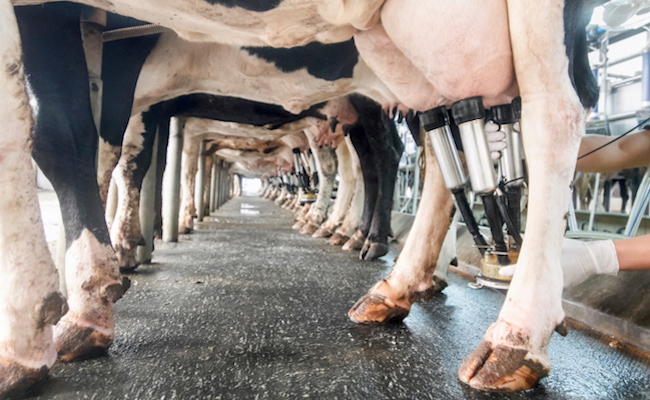Kenya and Zambia will be holding a meeting later on this month to address the export ban of dairy products to Zambia. The ban has been attributed to outstanding trade issues between the two countries that have since made it difficult to export dairy products to the southern Africa state.
The High Commissioner to Zambia and Malawi Sophie Kombe said negotiations have been going on for some time. Other than dairy, oil products have also been proven difficult to export as well. Nevertheless, according to Ms. Kombe, the two countries are more likely to come to an agreement as far as oil is concerned. Dairy products tend to have difference on standards in difference countries, and as such may prove difficult for the countries to reach a consensus on the same.
Earlier on this year, Zambia rejected Kenya’s milk. This was amid claims that the milk contains a level of bacteria that’s beyond the country’s required maximum. Zambia allows total bacteria count (TBC) of 200,000 while Kenya follows the international benchmark of 1m TBC.
Similarly, Zambia also has a problem with Kenya’s palm oil over rules of origin. Since the country does not grow its own palm trees, it relies on imported crude palm oil, mainly from Asia. The crude palm oil is then processed for domestic use while the surplus is exported.
Consequently, Kenya is currently looking to the Common Market for Eastern and Southern Africa (COMESA) bloc, which Kenya and Zambia are members, to come up with a common standard agreeable to all to deal with such Non-Tariff Barriers. COMESA director for trade customs and monetary affairs Francis Mangeni said experts from FAO, the ministries of Commerce, Trade and Industry as well as Agriculture from both countries would look into the matter.









